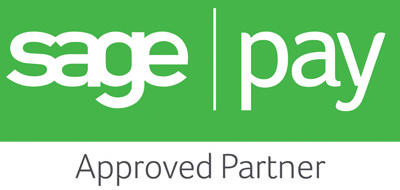Could AI Lead to a Marketing Knowledge Gap?
As we face a world where AI is applied to an increasing number of processes across all industries we have to understand how AI and human knowledge need to work together for the most benefit. The danger is an over-reliance on AI which isn't able to make the same informed and nuanced judgements that humans can.
Insight can be drawn from automatic translation services such as Google Translate. Generally speaking, as long as the input text is of a good quality, you will get a good quality translation output. This output, however, can't be pressed into service without humans checking whether it makes sense. Every language has different rules of grammar and this can be too complex for machine translators to grapple with. Additionally, every language has several words that are near-synonyms; words that can be interchangeable in some contexts but not in others. AI can't always determine which is the best word to pick to reflect the meaning of the text, and this is where humans come in.
This issue has been one that human translators have faced continually over the years and it's been mitigated by careful consideration of the source text, the meaning of the document as a whole, the spirit of the translation being made (word for word, or meaning for meaning). Even with all that consideration, translators consult with each other, as well as with native speakers, to get that innate level of nuanced understanding that is only possible to have in one's own native language.
The simple fact is that AI can't do all that yet. It can't understand the contexts within which it must work, nor the factors influencing that context. It can't adapt easily to change, and it can't make value based judgements like a human can. Sure, it can do the hard work, and do it very quickly – Google Translate will convert a comprehensive 10-page document from the source language to another within seconds – but it can't know whether it has done it right.
There's a clear knowledge gap here. And it's the same case for marketing – sure a machine can analyse data quickly, understand the basics of customer behaviour according to the journey and flags it has been taught, and it can even send a personalised email to a prospective customer at what it determines is the right time for that particular customer.
Customer decision hubs, as they are called, will analyse online behaviour in real time and create personalised pathways for each person interacting with the website or product in a method similar to account-based marketing on a scale that couldn't be managed by humans. Depending on the nature of the proposition, any email generated by AI may still have to be checked and approved by a human. While small scale discounts as an incentive, or content that will be relevant to that individual can be served fairly automatically, banking, financial products and healthcare related communications are too high-level to be left to machines.
At the top of this process, we must remember, is the human. It is humans who make the decisions about the parameters to set for generative AI, and we can also determine the transparency of algorithmic AI, so it can't do anything without being open about how it has made the decisions it has.
Marketing isn't going to be taken over by machines any time soon. Marketers will be working with machines to reduce some of the workload or to scale up operations for efficiency purposes, but AI isn't capable of strategising, of allocating resource and budget and of weighing up competing interests and concerns.
AI certainly doesn't know how to communicate with clients, how to scope a project, how to execute and analyse the success of a marketing activity; even the AI tools that can help marketers create and run campaigns can't work in isolation. So, at this stage, we can't see AI threatening to create a knowledge gap in marketing, not on our watch anyway!
